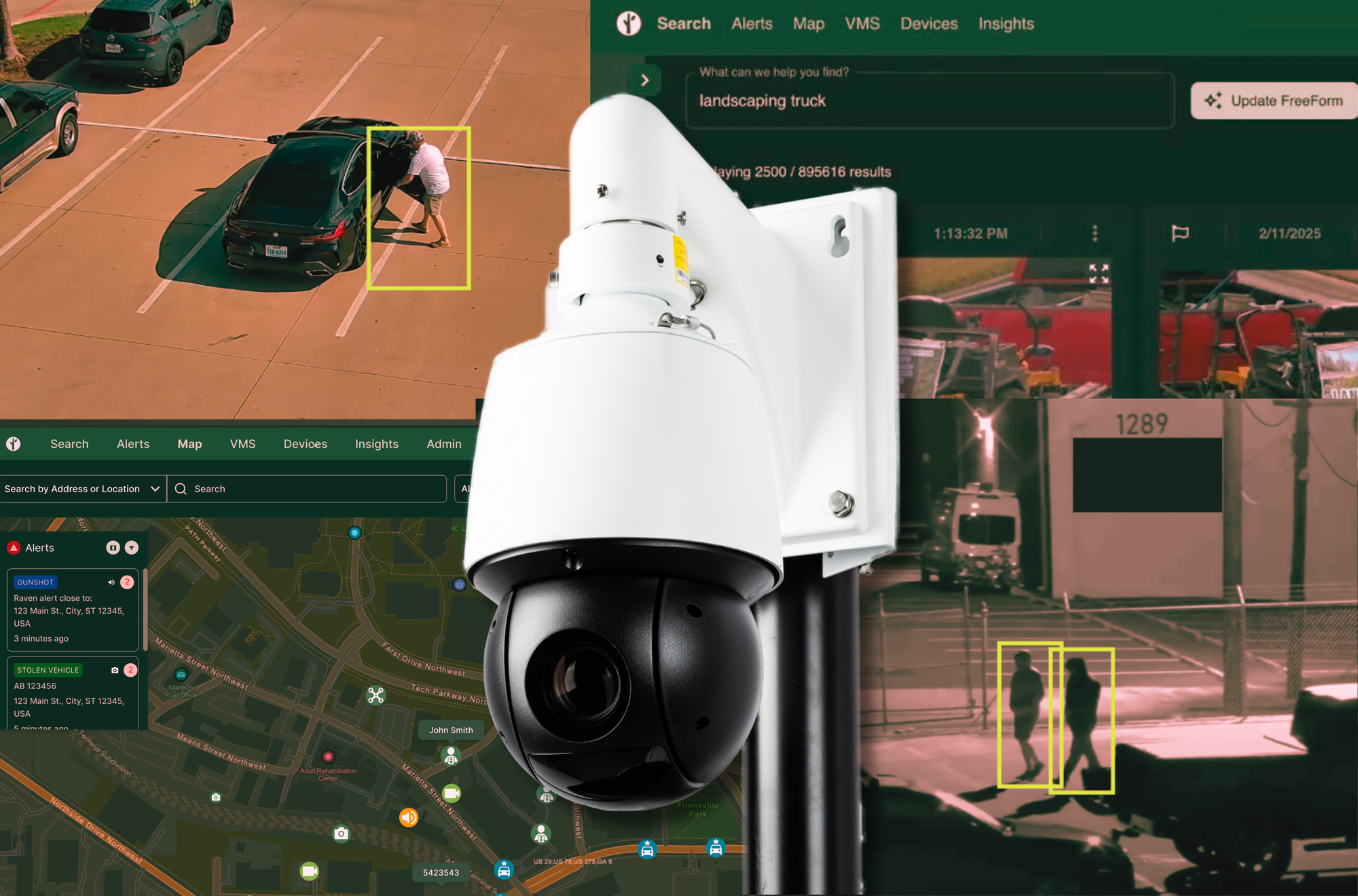Subscribe
Customs and Border Protection (CBP) regularly searched more than 80,000 Flock automated license plate reader (ALPR) cameras, according to data released by three police departments. The data shows that CBP’s access to Flock’s network is far more robust and widespread than has been previously reported. One of the police departments 404 Media spoke to said it did not know or understand that it was sharing data with CBP, and Flock told 404 Media Monday that it has “paused all federal pilots.”
In May, 404 Media reported that local police were performing lookups across Flock on behalf of ICE, because that part of the Department of Homeland Security did not have its own direct access. Now, the newly obtained data and local media reporting reveals that CBP had the ability to perform Flock lookups by itself.
Last week, 9 News in Colorado reported that CBP has direct access to Flock’s ALPR backend “through a pilot program.” In that article, 9 News revealed that the Loveland, Colorado police department was sharing access to its Flock cameras directly with CBP. At the time, Flock said that this was through what 9 News described as a “one-to-one” data sharing agreement through that pilot program, making it sound like these agreements were rare and limited:

